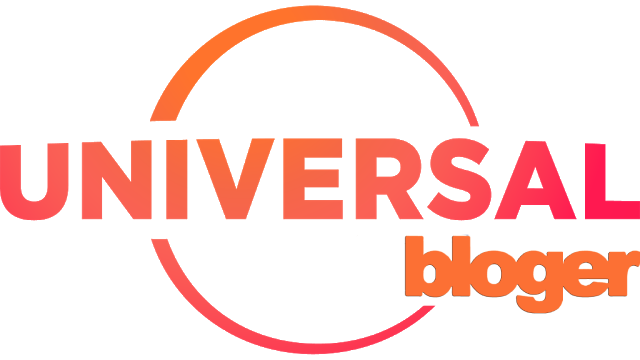Many companies start by using a ready-made solution when selecting a CMS for their business. But is it always the best option, or might a custom CMS work better for your specific requirements?
We live and work in an era dominated by digital technology. It is essential to have a suite of software tools that support the smooth functioning of your business, provide excellent customer service, and save time on manual work. There is a wealth of helpful software available on today’s market for companies of all sizes and industries.
Paraphrasing a well-known saying: whatever you need, there’s a tool for it. Automating internal processes, managing customer support across multiple channels, keeping customer data organized, and even building a website without knowing how to code. Nowadays, there are easily accessible tools for everything. One of the most fundamental tools for thriving in the online world is the CMS behind your website.
If you’re considering creating a new website for your business or redesigning your current one, the content management system for maintaining and updating your digital content might be the only web maintenance tool you end up using the most.
What Exactly is a CMS?
In simpler terms, a content management system (CMS) is an application that allows users to create and change their websites immediately, without needing to know how to code.
For example, to write and upload an article on your company’s blog using WordPress, you simply need to open the application and write your content in an interface that looks much like Microsoft Word. You can also quickly add images or tables to your article by uploading them from your computer, add headings, change fonts as necessary, and later add CTA buttons or hyperlinks.
When you’re ready, you just need to hit the „Publish“ button, and the article will be visible on your website. Need to update it? Just find the file in the CMS manager, edit it, save the changes, and you’re done. And if you need to customize the content management system to better suit your needs, there are plenty of add-ons and plugins available.
Now, how would the same process look without a CMS?
First, you would need to open a blank HTML page and use code to add text, images, and links to the page. You might also need CSS to style website elements and JavaScript for the CTA button. When everything is ready, you’d need to upload the HTML file to your server and then carefully check to ensure everything on the page works as expected.
Every time you need to make changes or update your content again, you would have to download the files from the server and edit them manually. Once you finish, you’d also need to scan the files to ensure you haven’t broken any lines of code (and a single misplaced character could cause the entire page to fail) and then upload the files back to the server.
And this is without even adding new features to your page! Sounds complicated, right?
For developers or IT enthusiasts, building a website from scratch might be easy. But for people who either lack enough coding knowledge or sufficient time to create and maintain a website this way (i.e., most of us), having a CMS platform is the easier solution. With it, you can still create a stunning website and customize it as much as you like, without needing to hire a web developer to build and maintain the page.
But here’s the big question: which type of content management system platform should you choose?
Should you go for one of the popular ready-made CMS platforms like WordPress, Magento, or Joomla, or would you prefer a custom CMS for your company?
Both options have their pros and cons. Ready-made platforms are easy to install and accessible, but their capabilities are limited. Meanwhile, custom CMS solutions can be tailored to meet each company’s needs and are also easily scalable, but they tend to be more expensive.






